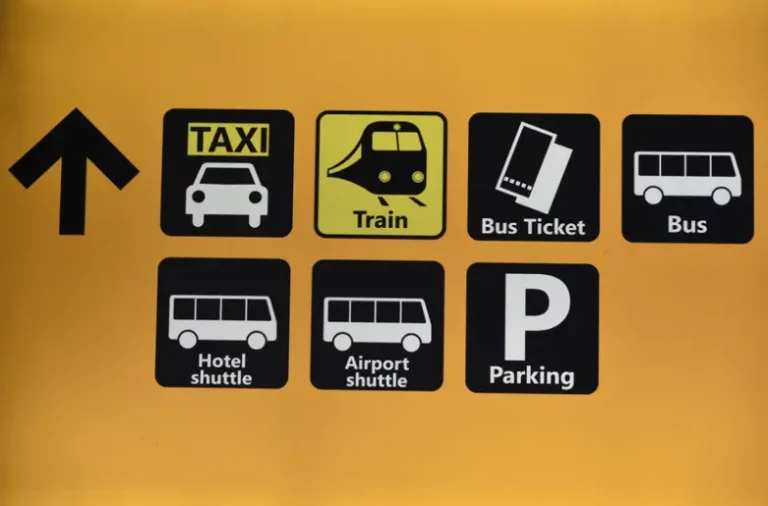Streamlining Operations and Enhancing Rider Experience
The public transportation sector is embracing Artificial Intelligence (AI) to overhaul operations, reduce costs, and improve passenger experiences. With challenges like route optimization, maintenance scheduling, and service quality on the rise, AI technologies offer smart solutions that bring efficiency and reliability. This article explores AI’s transformative impact on public transportation through detailed examples, showcasing how AI-driven strategies are reshaping transit systems around the world.
AI in Optimizing Bus and Train Schedules
AI significantly enhances the scheduling of buses and trains by analyzing vast amounts of data on traffic patterns, passenger counts, and even weather conditions. This allows transit authorities to adjust timetables in real-time, ensuring efficient service that meets changing passenger demands.

Example: Transport for London (TfL) TfL uses AI to analyze traffic data and real-time vehicle locations to optimize bus frequencies and routes. After implementing AI technologies, TfL reported a 20% improvement in schedule adherence, which has led to a 15% increase in passenger satisfaction rates as buses run more reliably.
Example: Deutsche Bahn Deutsche Bahn employs AI to optimize train operations across Germany. By using AI to predict and manage train traffic, they have reduced delays by up to 25% and improved their on-time arrival rate to 95%.
AI in Fleet Maintenance
Preventive maintenance powered by AI helps public transit systems reduce unexpected breakdowns and extend the lifespan of vehicles by predicting when maintenance should be performed based on real usage data rather than on fixed intervals.
Example: New York City Metropolitan Transportation Authority (MTA) The MTA uses AI to monitor the health of subway cars by analyzing data from onboard sensors. This predictive maintenance approach has decreased unscheduled repairs by 30%, significantly enhancing service reliability and reducing costs associated with downtime.
Example: SNCF (French National Railway Company) SNCF integrates AI to predict and prevent maintenance issues on its trains and tracks. By employing AI-driven analytics, SNCF has reduced maintenance costs by 10% annually and increased the availability of its trains for passenger service.

Enhancing Passenger Experience with AI
AI is also revolutionizing the passenger experience in public transportation through personalized travel information and improved safety measures.
Example: MTR Corporation, Hong Kong The MTR Corporation uses AI to provide real-time travel recommendations to passengers via their app, based on current transit loads and traffic conditions. This service has improved customer satisfaction, with the app receiving a user rating improvement of 20% after the integration of AI features.
Example: Bay Area Rapid Transit (BART) BART utilizes AI to enhance security and safety within its stations and trains. AI-driven surveillance systems analyze video feeds to detect unusual behavior and alert security personnel instantly. Since implementation, BART has seen a 35% reduction in security incidents.
PeakMet’s Contributions to AI in Public Transportation
PeakMet leverages AI, machine learning, and predictive analytics to help public transportation networks forecast demand, optimize routes, and maintain their fleets more effectively, enhancing overall operational efficiency and passenger satisfaction.
Conclusion: Smoothing the Way Forward with AI

AI’s role in transforming public transportation is profound, making transit systems more adaptive, efficient, and user-friendly. By harnessing AI, public transportation authorities not only keep pace with growing urban demands but also enhance sustainability through smarter resource management. As AI continues to evolve, its integration into public transportation promises even more significant advancements, ensuring that the sector remains robust in the face of future challenges. With solutions from companies like PeakMet, the journey towards an optimized public transit system, powered by AI, is well underway.


